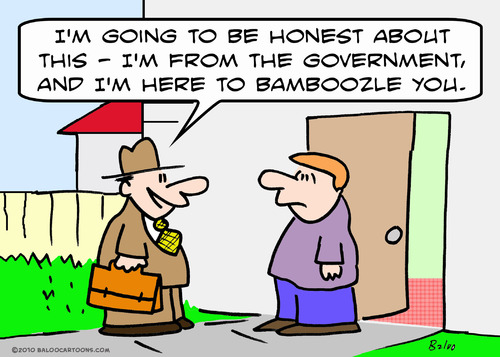Good morning everyone,
Task 1:
Let's start by a trip report on Friday's field trip. Write one paragraph to describe Friday's field trip.
Describe the location
Did you enjoy it or not? Why?
How did you feel?
What was the best thing about you?
Give your suggestions as what could we do to improve field trips in the future?
Last Friday,my classmates went to Bluffers Park for a tour and pot luck.This Park located in Brimley Road South, Toronto.I really want to go this trip,because this would be the first time field trip since I had came to Canada.But unfortunately,on the night of last Thursday ,One of my friend just from China called me he wants have lunch and discuss some important matters with me tomorrow noon. So I didn't went to the trip ,Today my classmates told me they had so much fun in this trip .They ate a lot of food,played different games,even played soccer.I think I must take part in the field trip next time.I don't want miss it.
Task 2:
Task two is a reading task. Read the following passage and then answer the following questions. Make sure to record your answers for class discussion afterwards.
HOCKEY’S $124 MILLION MAN
When Washington Capitals superstar Alexander Ovechkin became the National Hockey League’s first $100-million man early in 2008, it was hard to find anyone in the hockey world who didn’t believe he was worth every penny. But how can this be possible? Is any hockey player truly worth that much money? It doesn’t take a Wall Street accountant to figure out what was in it for the player known as ‘Alexander the Great.’ Ovechkin’s 13-year, $124-million contract averages out to just over $9.5 million a season, giving him financial security for life. Even so, Washington Capitals owner Ted Leonsis believes the deal is also good for his hockey team. At the time, Leonsis admitted that making a decade-long commitment to a 22-year-old in just his third NHL season wasn’t an ordinary thing. But if Ovechkin has proven anything by his goal-scoring rampage since his rookie season in 2005–06, it’s that he’s no ordinary player. All the awards and accolades – Calder Trophy as top rookie in 2006, Rocket Richard Trophy as the NHL’s top goal-scorer and Hart Trophy as NHL’s Most Valuable Player in 2008 and 2009, plus four straight first-team all-star selections – only begin to tell the story. It’s Ovechkin’s once-in-a-generation combination of skill, size, brute physical strength and relentless passion that sets him apart and draws fans to the arena. That’s the package that Leonsis is paying for. “I’m a risk-taker,” Leonsis said at the time. “And if you’re going to make a long-term investment, who else would you do it with?” Ovechkin said the contract wouldn’t change the way he approaches the game. “I know it’s extra pressure, but I have to play the same,” he said. “If you think of the pressure, it’s hard for you. I have to play the same way – play more, play better.”
Questions:
A- For each of the following underlined words from the article, choose the right meaning. Try to guess the meaning of the words without using a dictionary.
1. A rookie is someone who
a. is just starting his career
b. is controversial
c. generates a lot of profit for a company or organization
a
2. When someone receives accolades, they get
a. bad reviews in the press
b. praise and recognition
c. big sums of money
b
3. “Goal-scoring rampage” refers to
a. going after other players to try to score goals
b. scoring goals from a ramp
c. scoring lots of goals
c
4. When we say Ovechkin’s passion is relentless, we mean that
a. it pays off
b. it never stops
c. it can hurt others
b
5. A long-term investment is
a. something you will be paying for in the next few years
b. something you will pay for a long time
c. something that will pay off (or bring you profit) after many years of investment
c
6. Ovechkin’s combination of skill and passion sets him apart means
a. it distinguishes him from others
b. it makes him feel distant
c. it makes him independent
a
B- Read the article and choose true or false. Find the fragments of the text that confirm your answer.
1. Most people associated with hockey agree that Ovechkin is worth such a large amount of money. T
2. Ovechkin is famous for his fair play. That’s why he attracts so many fans. F
3. Leonsis feels paying Ovechkin so much money is a risk he is willing to take. T
4. Ovechkin started his career in NHL hockey in 2008. F
5. Signing the biggest contract in NHL history will make Ovechkin change his style of playing hockey. F
6. It was obvious only to Wall Street accountants how much financial security Ovechkin has with this contract. F


 Task 1:
Task 1:
